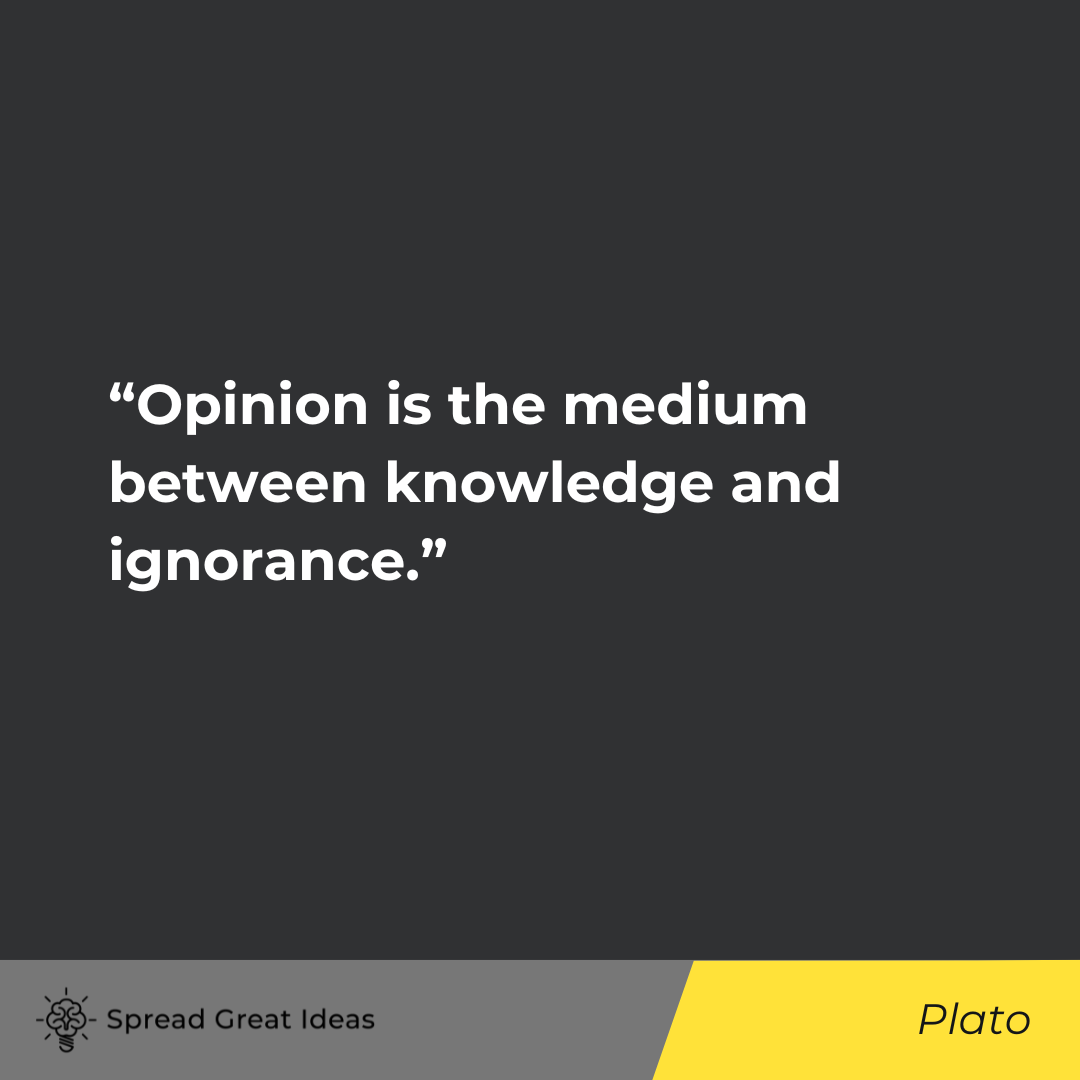Table of Contents

In a world where opinions are abundant and often freely shared, it’s crucial to remember the power of our words. Our opinions shape not only our own perceptions but also influence the thoughts and feelings of those around us. However, expressing opinions without careful consideration can lead to misunderstandings, conflicts, and unintended consequences.
In this age of social media and instant communication, the need for thoughtful expression is more critical than ever. Before hitting the “post” button or engaging in a heated debate, it’s wise to pause and reflect on the words we are about to share. To aid in this process, we turn to the timeless wisdom found in opinion quotes – insightful reflections from thinkers, philosophers, and leaders throughout history.
These opinion quotes serve as guiding principles, reminding us of the importance of empathy, humility, and open-mindedness in our interactions with others. They encourage us to approach discussions with a spirit of curiosity rather than judgment, recognizing that diversity of thought enriches our understanding of the world.
In this article, we’ll explore a curated selection of opinion quotes that offer valuable insights into the art of expressing our thoughts and viewpoints responsibly. Whether you’re navigating a contentious debate or simply sharing your perspective with friends and family, these quotes will inspire you to pause, reflect, and consider the impact of your words before speaking or writing.
Join us on this journey as we delve into the wisdom of opinion quotes and discover how they can enhance our communication, foster constructive dialogue, and ultimately contribute to a more harmonious and understanding society.
Steve Maraboli
“People will always have opinions about your decision because they’re not courageous enough to take action on their opinion.”
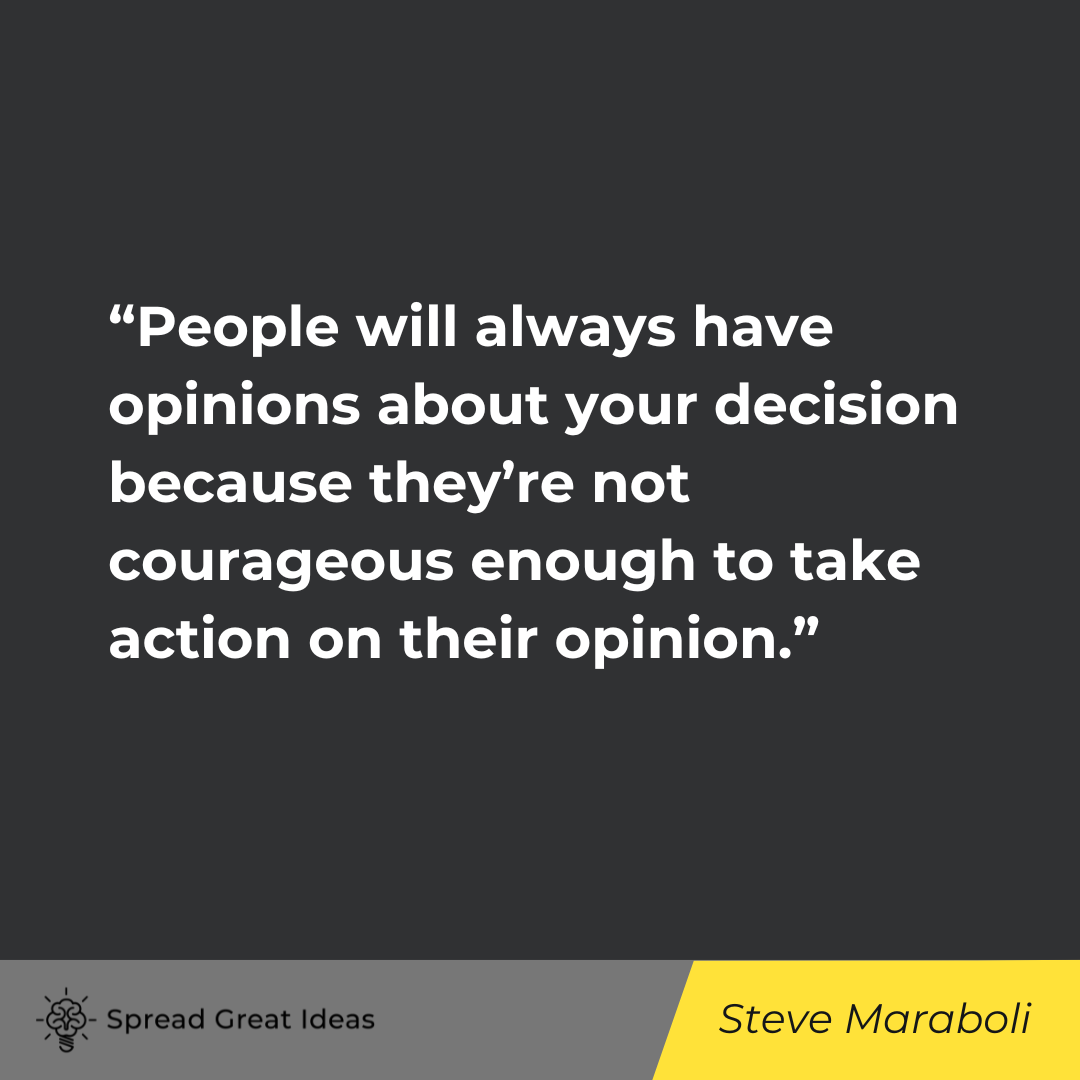
Napoleon Hill
“Opinions are the cheapest commodities on earth. Everyone has a flock of opinions ready to be wished upon anyone who will accept them. If you are influenced by “opinions” when you reach DECISIONS, you will not succeed in any undertaking.”
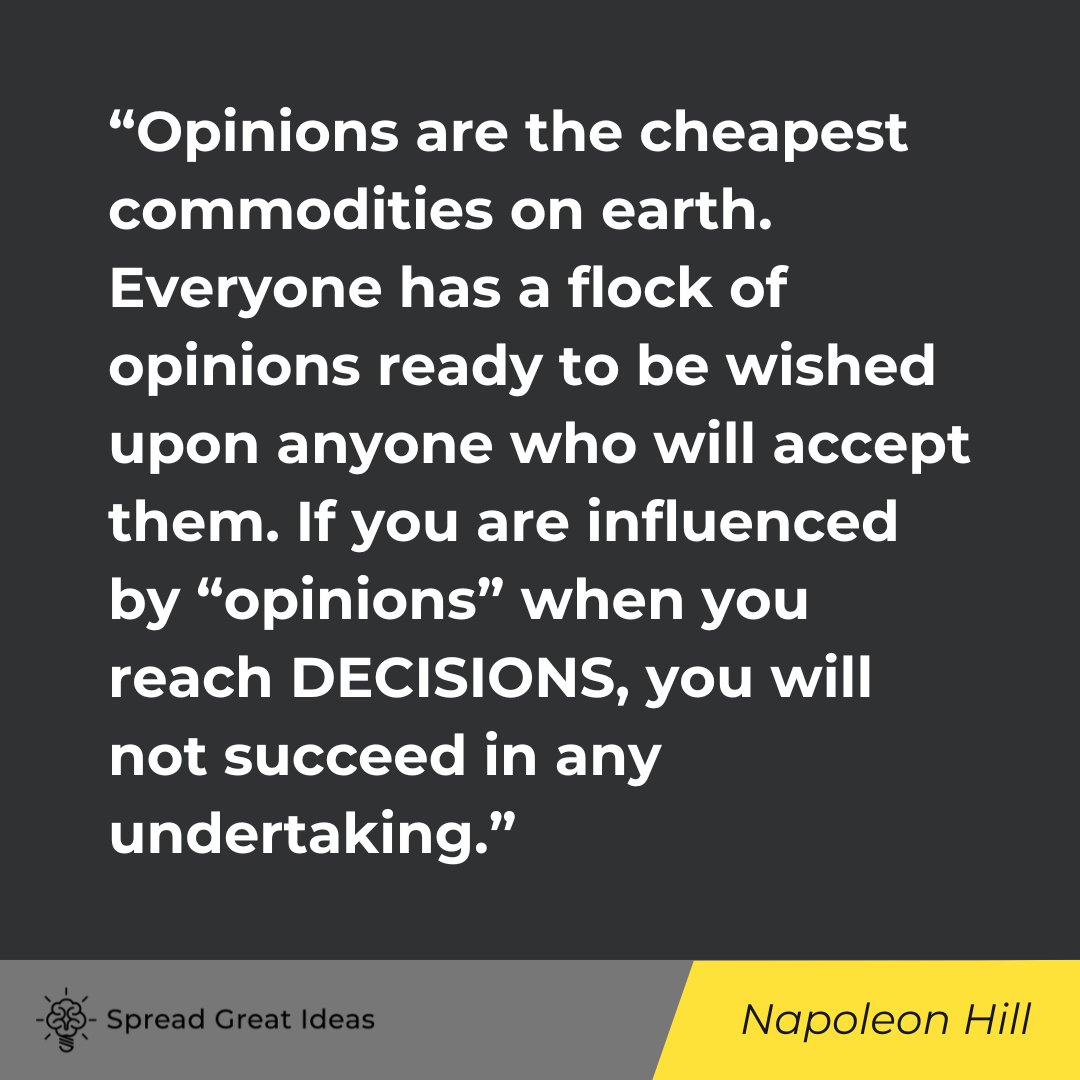
Harlan Ellison
“You are not entitled to your opinion. You are entitled to your informed opinion. No one is entitled to be ignorant.”
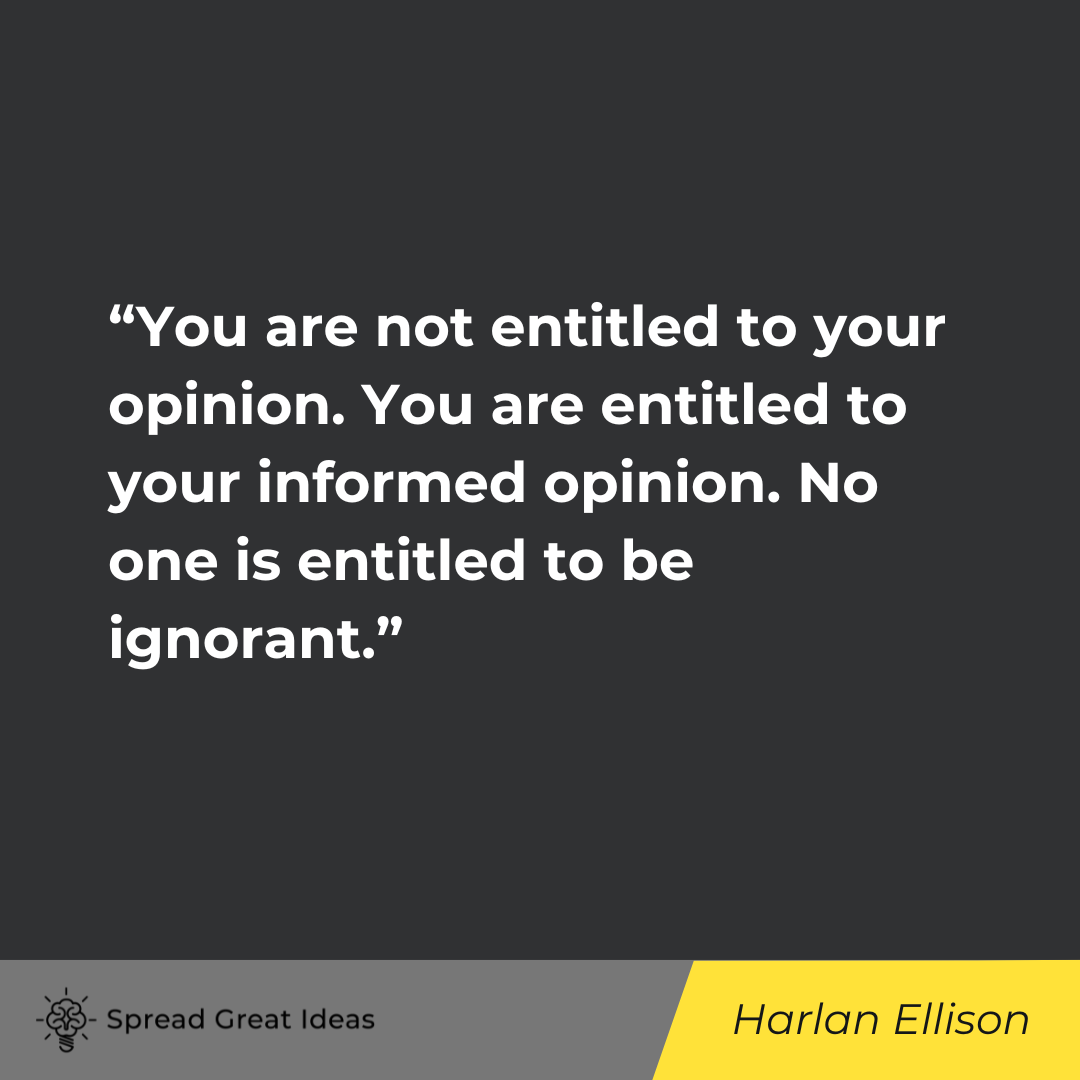
Anne Frank
“People can tell you to keep your mouth shut, but that doesn’t stop you from having your own opinion.”
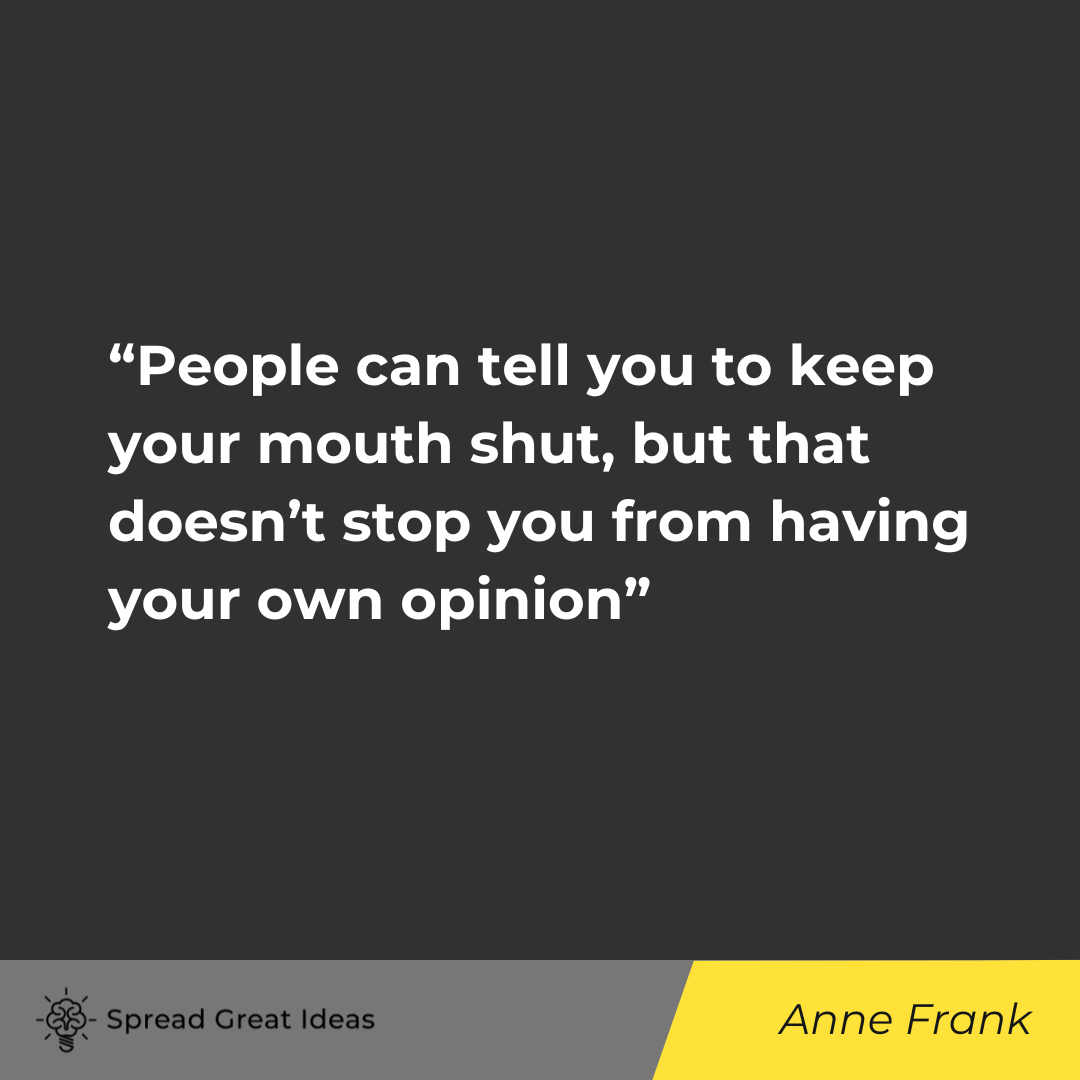
Douglas Adams
“All opinions are not equal. Some are a very great deal more robust, sophisticated and well supported in logic and argument than others.”
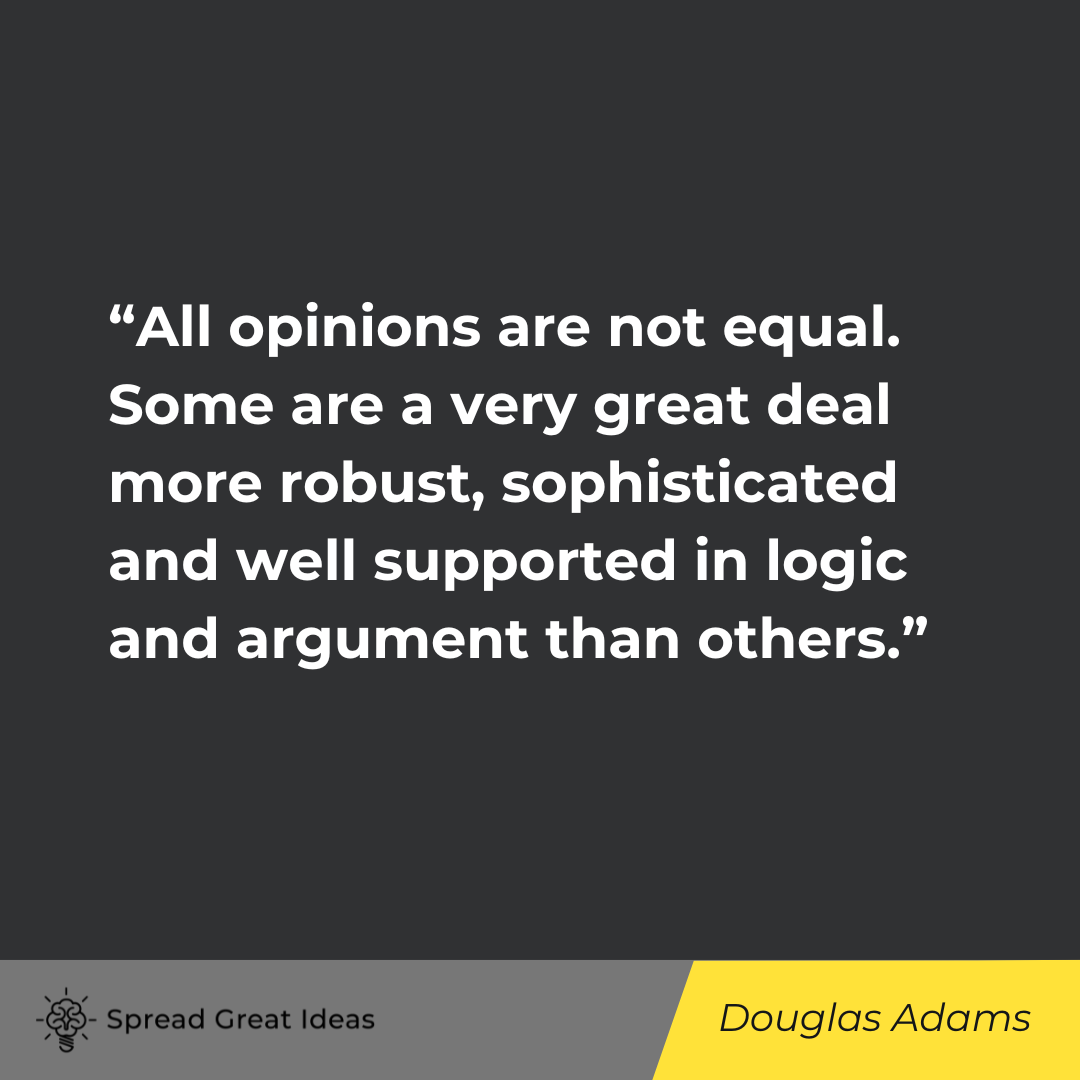
William Blake
“The man who never alters his opinion is like standing water, and breeds reptiles of the mind.”
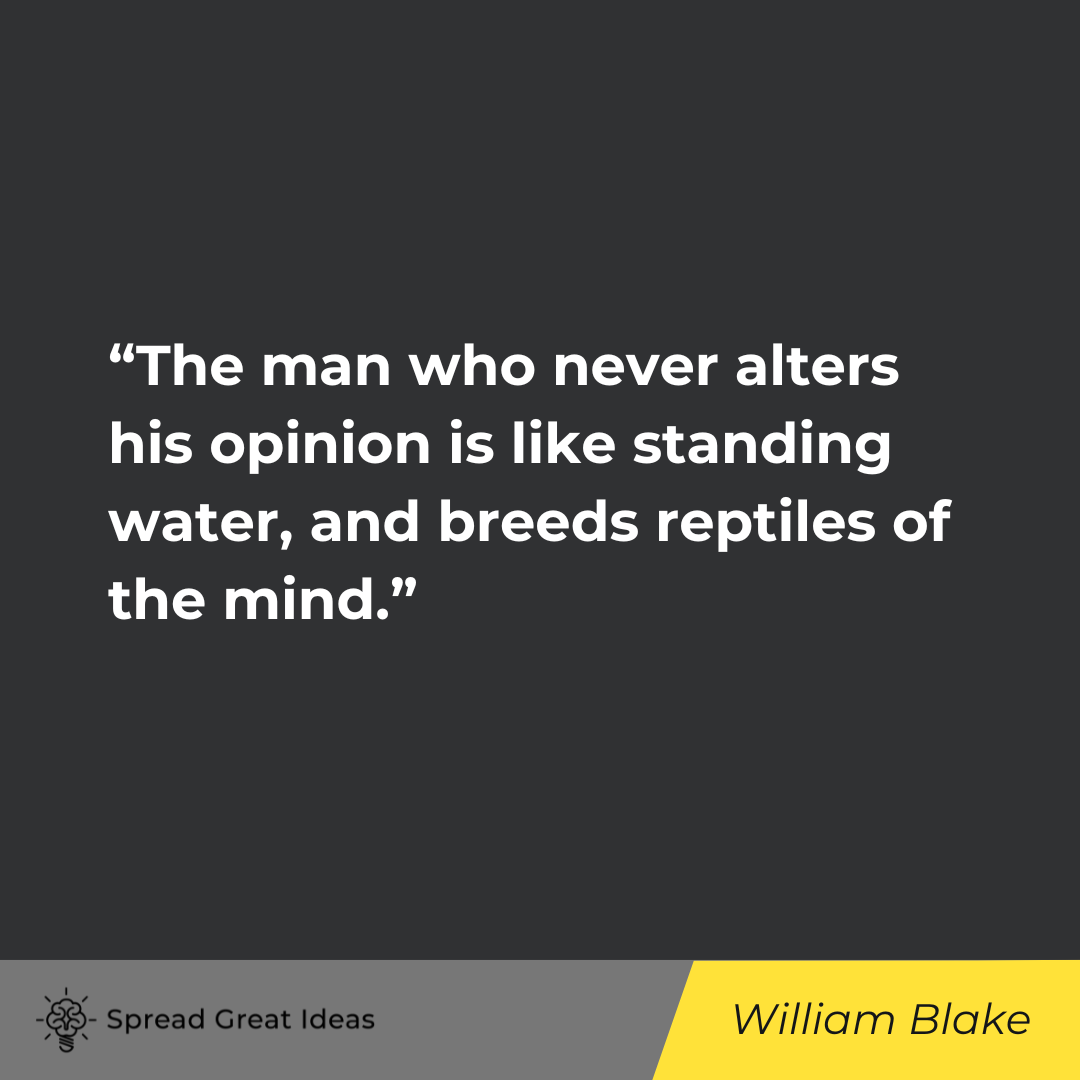
Isaac Asimov
“Your assumptions are your windows on the world. Scrub them off every once in a while, or the light won’t come in.”
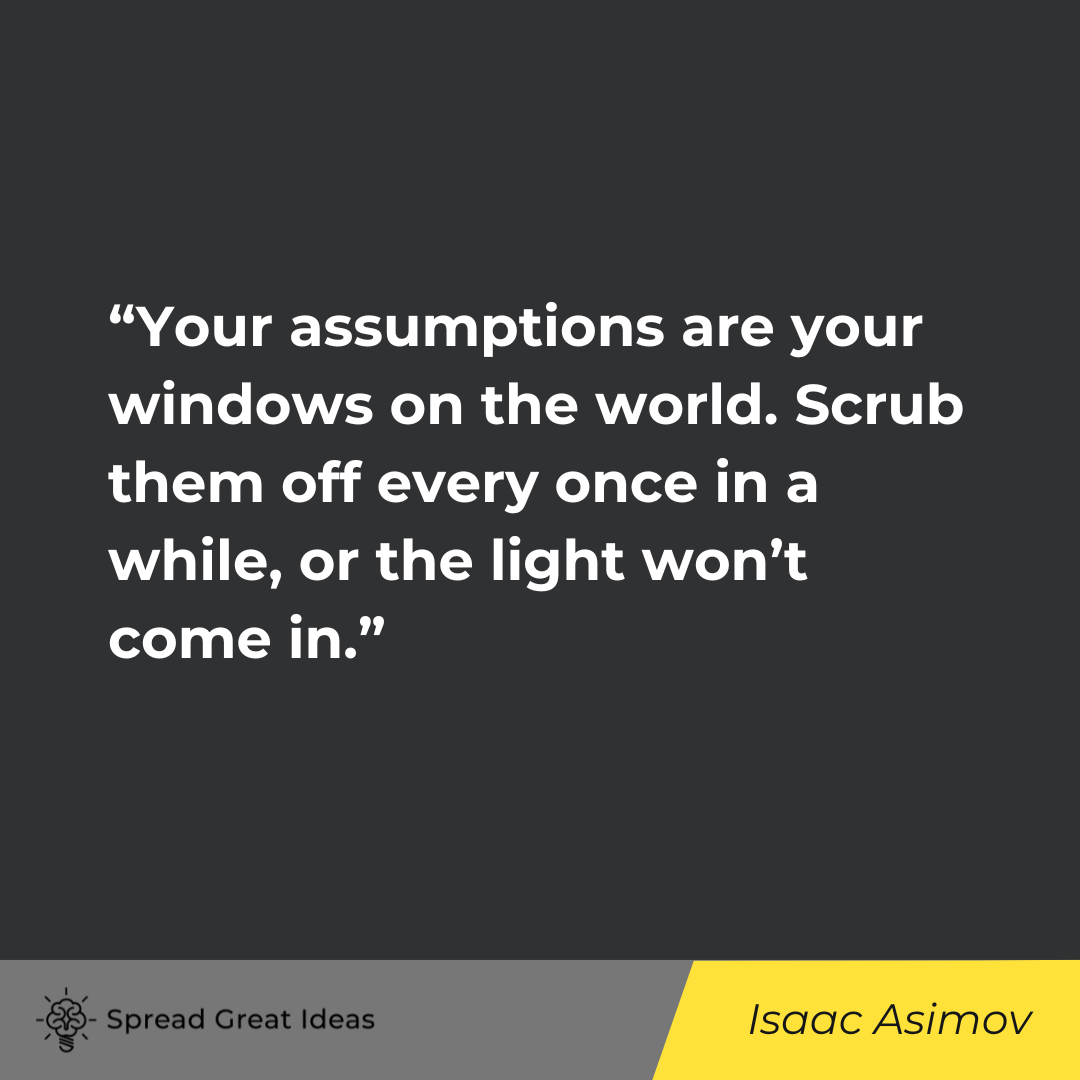
Roberto Bolaño
“If you’re going to say what you want to say, you’re going to hear what you don’t want to hear.”

Karen Cushman
“It’s important to know what you think, my dear, or else you will be so hemmed in by other people’s ideas and opinions, you won’t have room for your own.”
― Karen Cushman
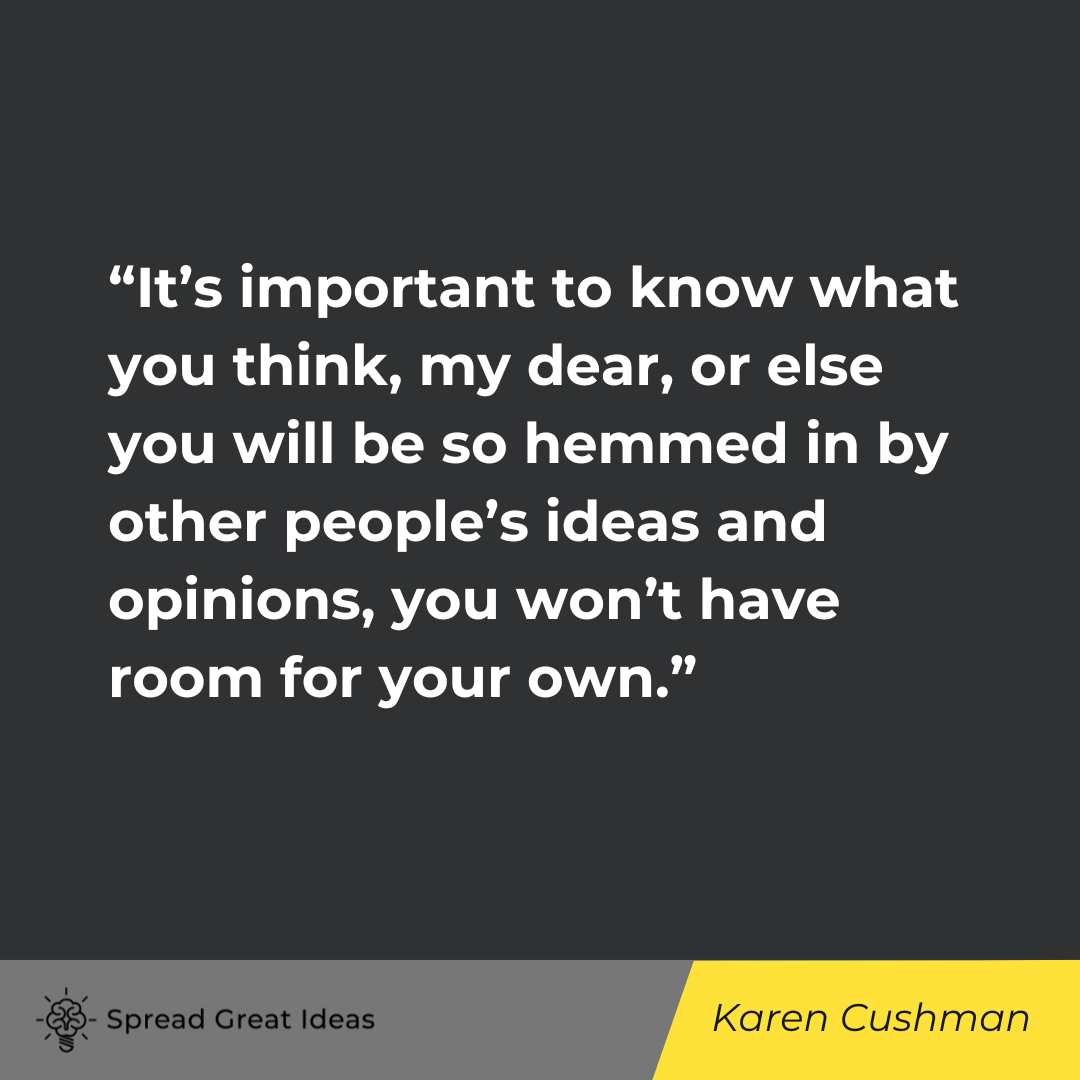
Bette Davis
“When a man gives his opinion, he’s a man. When a woman gives her opinion, she’s a bitch.”
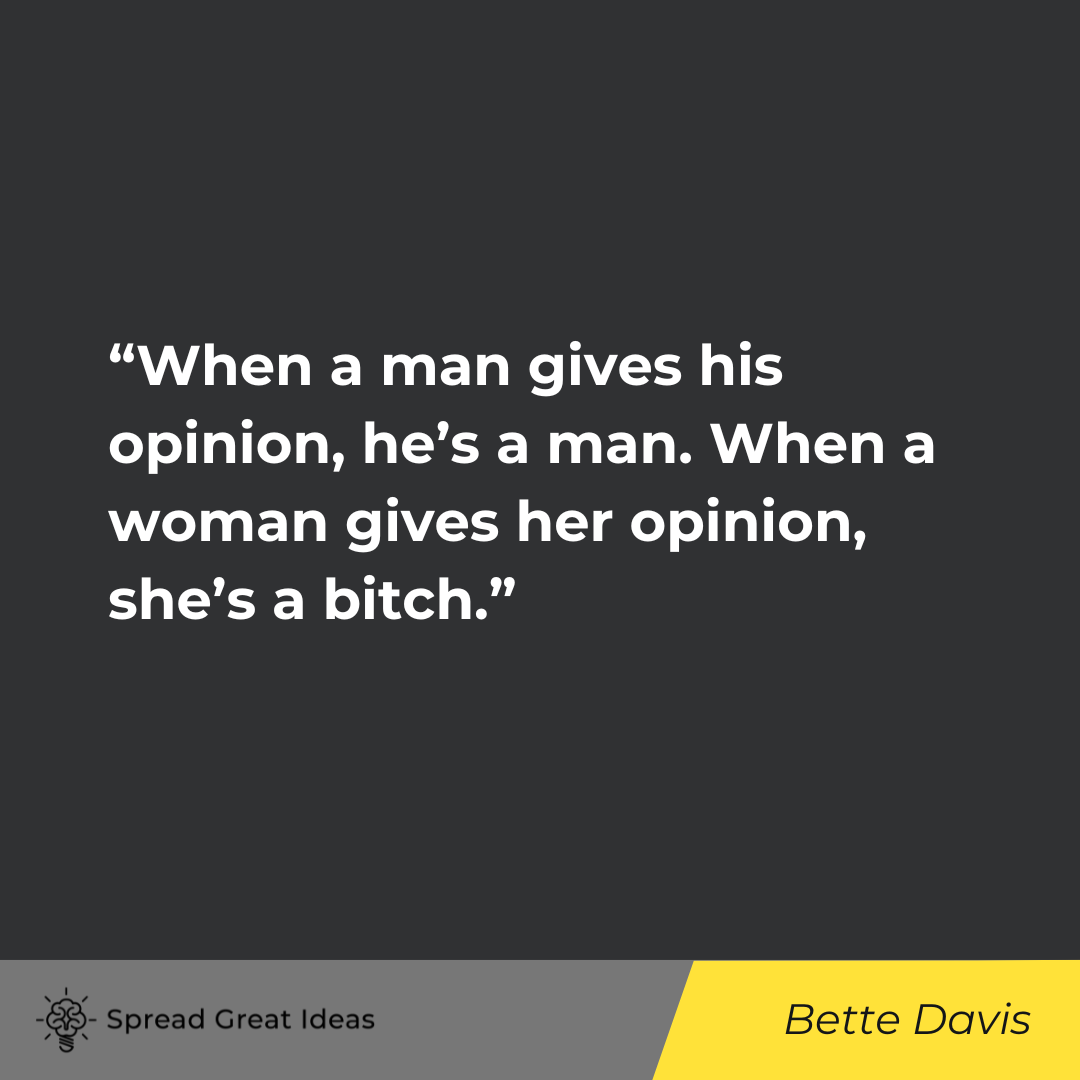
John Scalzi
“If you want me to treat your ideas with more respect, get some better ideas.”
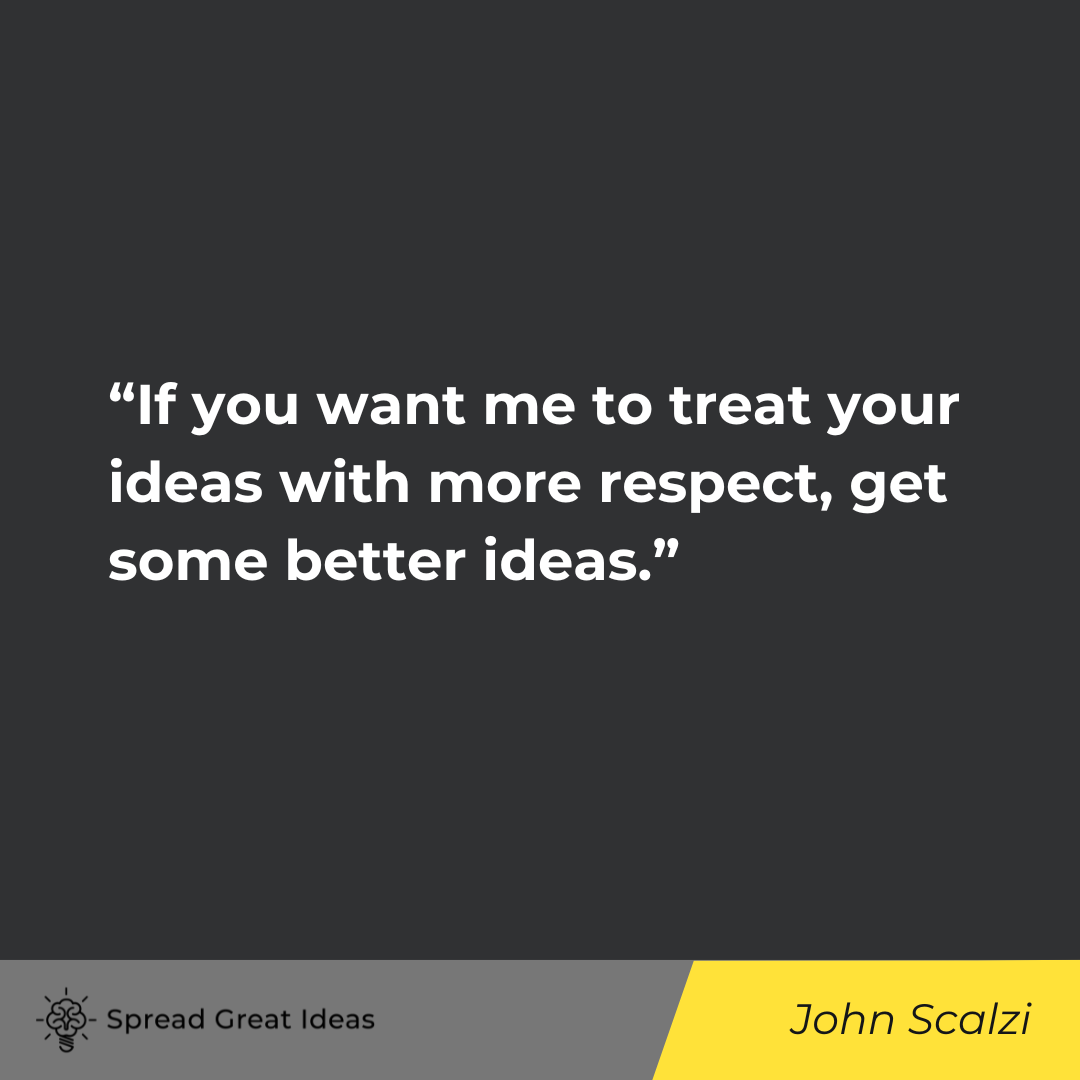
Victor Hugo
“Change your opinions, keep to your principles; change your leaves, keep intact your roots.”
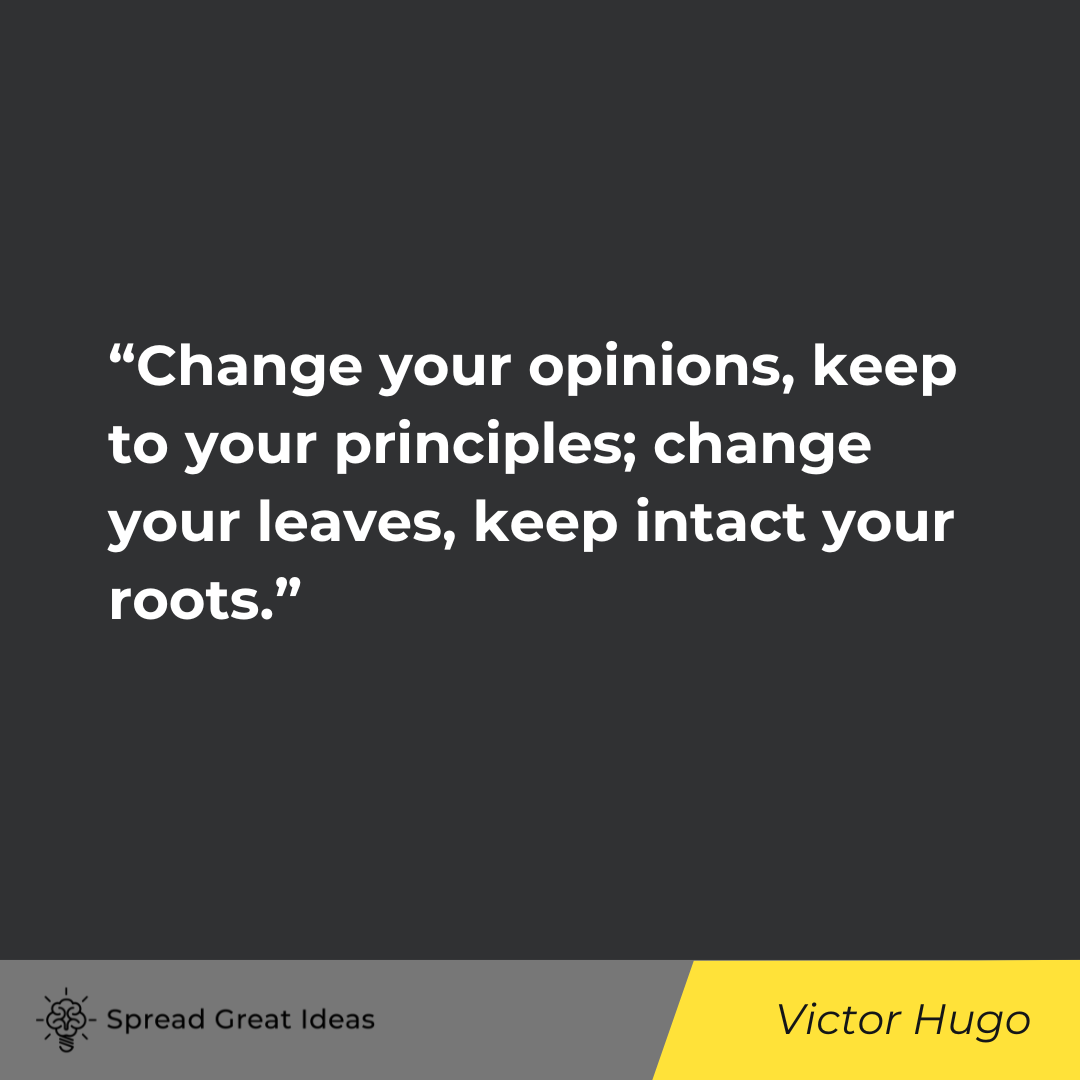
Les Brown
“Don’t let someone else’s opinion of you become your reality.”
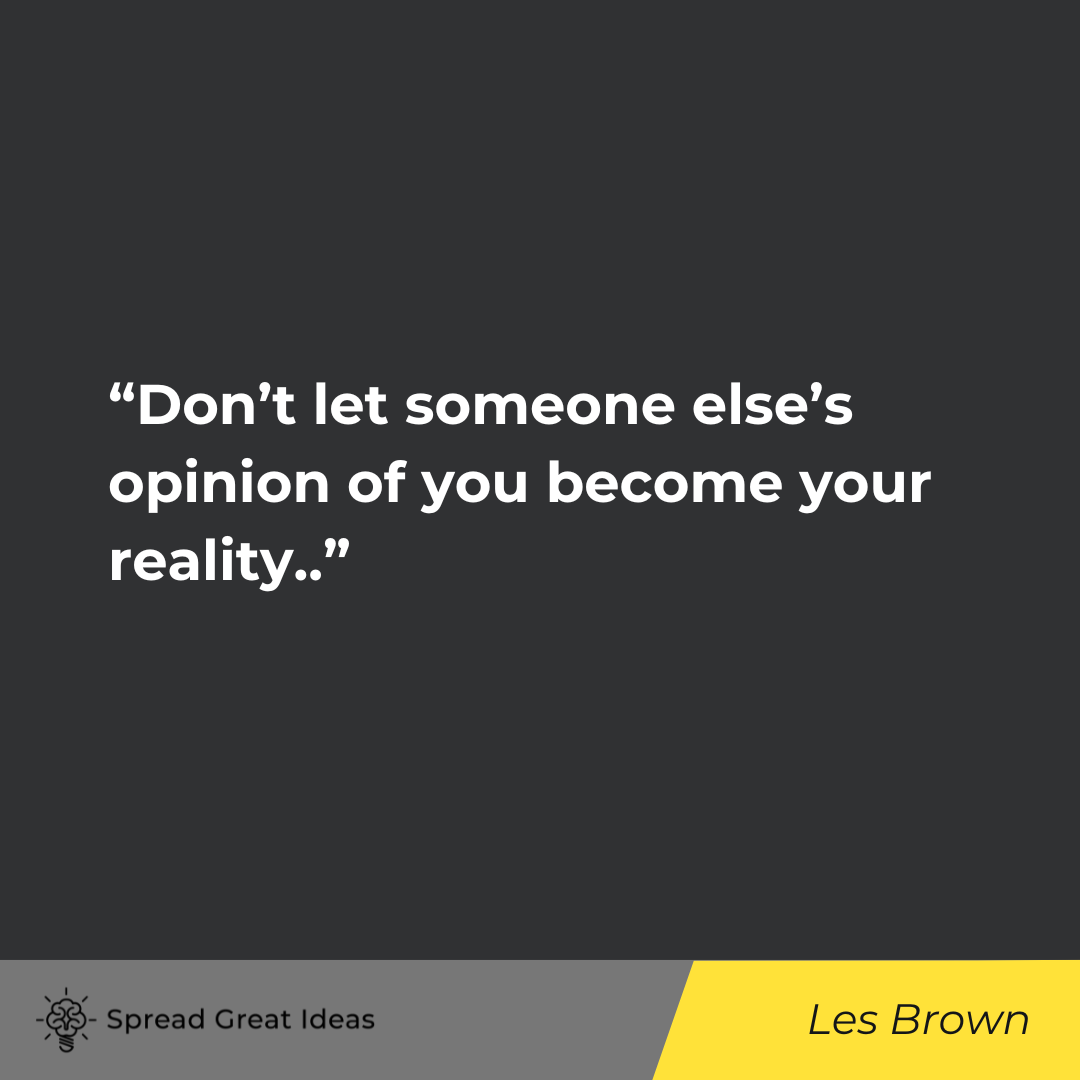
Jane Austen
“Where an opinion is general, it is usually correct.”
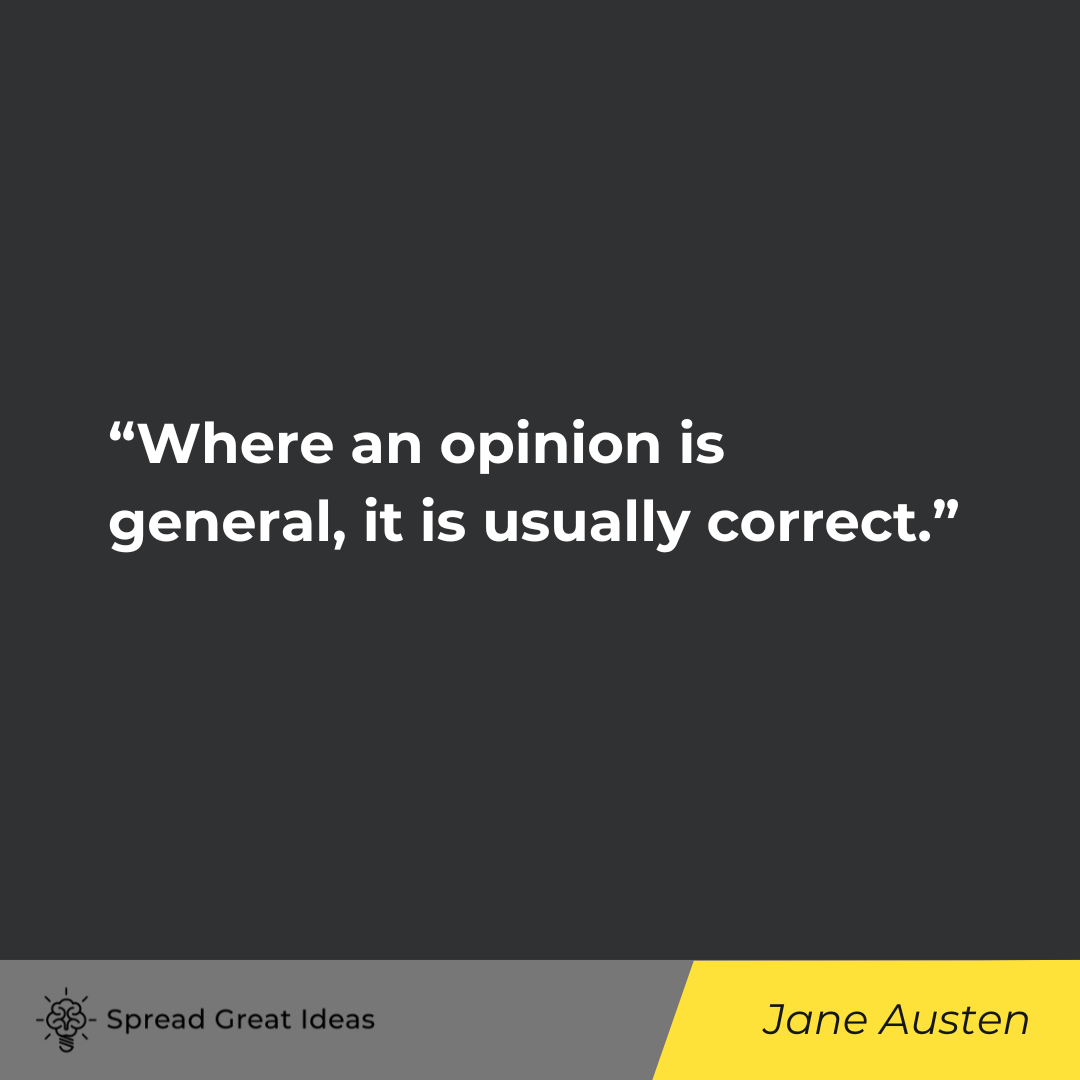
Plato
“Opinion is the medium between knowledge and ignorance.”
— Plato
